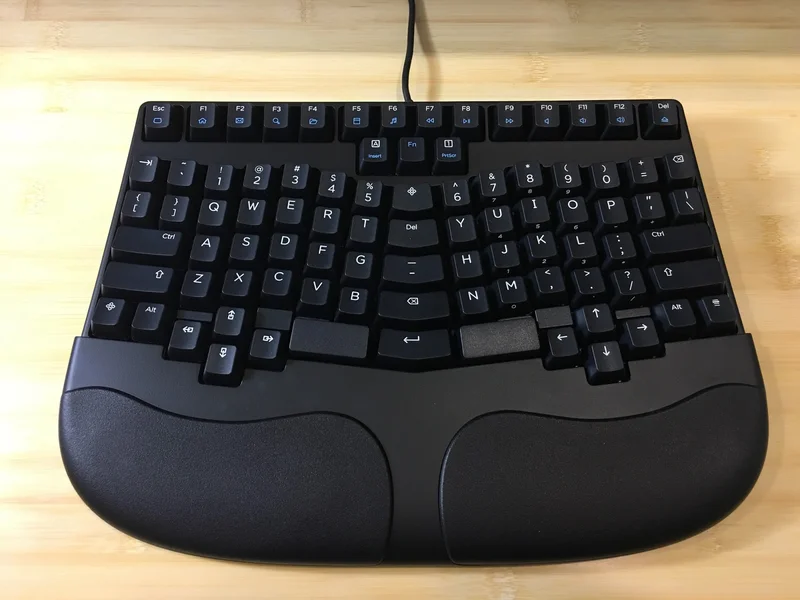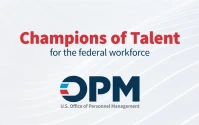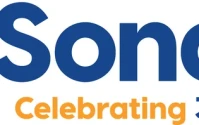So, the National Safety Council just spent who knows how much time and money to discover something that anyone who's ever worked a real job could've told them for the price of a beer: companies are failing their employees. Miserably.
The big headline from their new report is that over 40% of frontline workers don't have the right ergonomic gear. You know, the stuff that stops your body from literally falling apart after years of doing the same repetitive motion. Another 30% of workers who are already in pain don't even report it. I wonder why. Couldn't be because they’re afraid of being seen as complainers or getting put on some corporate watchlist, could it?
Nah. Offcourse not.
It’s a brilliant strategy. No, ‘brilliant’ isn’t the word—it’s diabolical. You create a work environment that grinds people down, you make the process for reporting pain confusing or intimidating, and then you act shocked when people get hurt. And the best part? A full 20% of workers don't even understand what a musculoskeletal disorder (MSD) is. They just know their back hurts, or their wrist feels like it’s full of broken glass.
This ain't a knowledge gap. This is a feature, not a bug.
Your Pain, Your Problem: The Corporate Playbook
The Official "Solution" is a Sick Joke
So what's the big, game-changing advice from the experts at the NSC? Get ready for it.
Employers should "Increase awareness and understanding of MSDs." They should "Improve pain reporting." And, my personal favorite, they need to "Ensure access to ergonomic tools and training."
Give me a break. This is the most washed-out, generic, HR-approved pablum I’ve ever seen. It’s the corporate equivalent of putting up a "Live, Laugh, Love" poster in a cubicle farm where dreams go to die. It costs nothing and accomplishes less.
Then you get the quote from the MSD Solutions Lab Director, Paige DeBaylo, which is a masterclass in saying nothing with a lot of words. “When we engage frontline workers meaningfully, we unlock new opportunities to reduce injuries, foster trust and improve organizational safety culture."
Let me translate that for you: "If we pretend to listen to the people we're exploiting, maybe they'll stop suing us so much."
It’s all just noise. A performance of caring that’s designed to do one thing: shift the burden from the corporation that created the problem onto the individual worker who’s suffering from it. And that’s where things get really interesting.
The Self-Funded Survival Gear Racket
Don't Worry, the Market Will Save You
Because while your employer is busy "increasing awareness" with a mandatory 15-minute PowerPoint, the free market has already cooked up the real solution. And it’s gonna cost you.

Suddenly my inbox is flooded with deals for stuff like the Logitech MX Ergo S. It’s a trackball mouse that looks like a weird plastic snail. For the low, low price of $80 (marked down from $120!), you can buy the comfort and safety your multi-million dollar employer refuses to provide. The ad copy is perfect: it "might take some time getting used to," but it'll "help your wrists in the long run."
See the game? Your job gives you carpal tunnel. Logitech sells you the preventative cure. The system works.
And it’s not just mice. It's an entire ecosystem of self-funded survival gear. You can level up to the VAXEE Zygen NP-01S Ergo Wireless for $140. It’s got a PixArt PAW3950 sensor and Huano switches with a "blue transparent shell, pink plunger." I don't know what any of that means, but it sounds expensive and it’s probably what you need to compete in the new corporate Hunger Games, where the prize is just being able to open a jar of pickles when you’re 50.
I had a job once that gave me a desk chair that must have been a prop from the movie Office Space. The thing had a permanent, unfixable 15-degree list to the left. After two months, my entire spine felt like a question mark. The official solution was to "submit a ticket to facilities." I’m pretty sure that ticket is still sitting in a server rack somewhere in Delaware.
The Privatization of Your Own Spine
From Your Desk to Your Bed
This whole thing doesn't even stop when you clock out. The ergonomic industrial complex follows you home.
Can't sleep because your neck is jacked up from staring at a monitor all day? Don't ask your company for more breaks. Just buy the Derila Ergo pillow! It has a "distinct 'butterfly' shape with stabilising side wings" and a "round hollow for your head." It’s made of memory foam that has a "mild" memory effect, which sounds about right. We’re all trying to forget the day we just had.
You’re supposed to buy the weird mouse, the expensive gaming-grade wrist-saver, the special butterfly pillow... you are now the Chief Ergonomics Officer for your own body, and you’re paying for all the equipment out of your own pocket.
And what happens when these things don’t work? Or when the next, better, more ergonomic version comes out? You just keep buying. You keep upgrading your personal little safety bubble while the fundamental problem—the job itself—never changes. They expect us to just accept this, and honestly...
Then again, maybe I'm the crazy one. Maybe spending a few hundred bucks on specialized gear every year just to be able to do your job without permanent physical damage is totally normal now.
Maybe this is just the cost of doing business. Your business.
###
So They Break Your Body, Then Sell You the Brace
Look, let's be real. This isn't about safety or comfort. It’s about privatizing risk. Companies create physically unsustainable jobs, ignore the consequences, and then the tech industry swoops in to sell you expensive, individual solutions. It’s a perfect, closed loop of capitalism where they profit from the problem and the supposed solution, while you’re the one left with the pain and the bill.
Reference article source:










